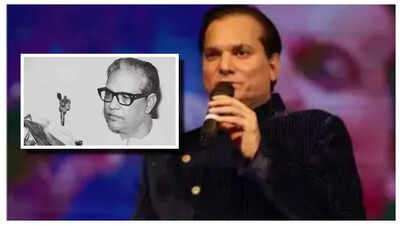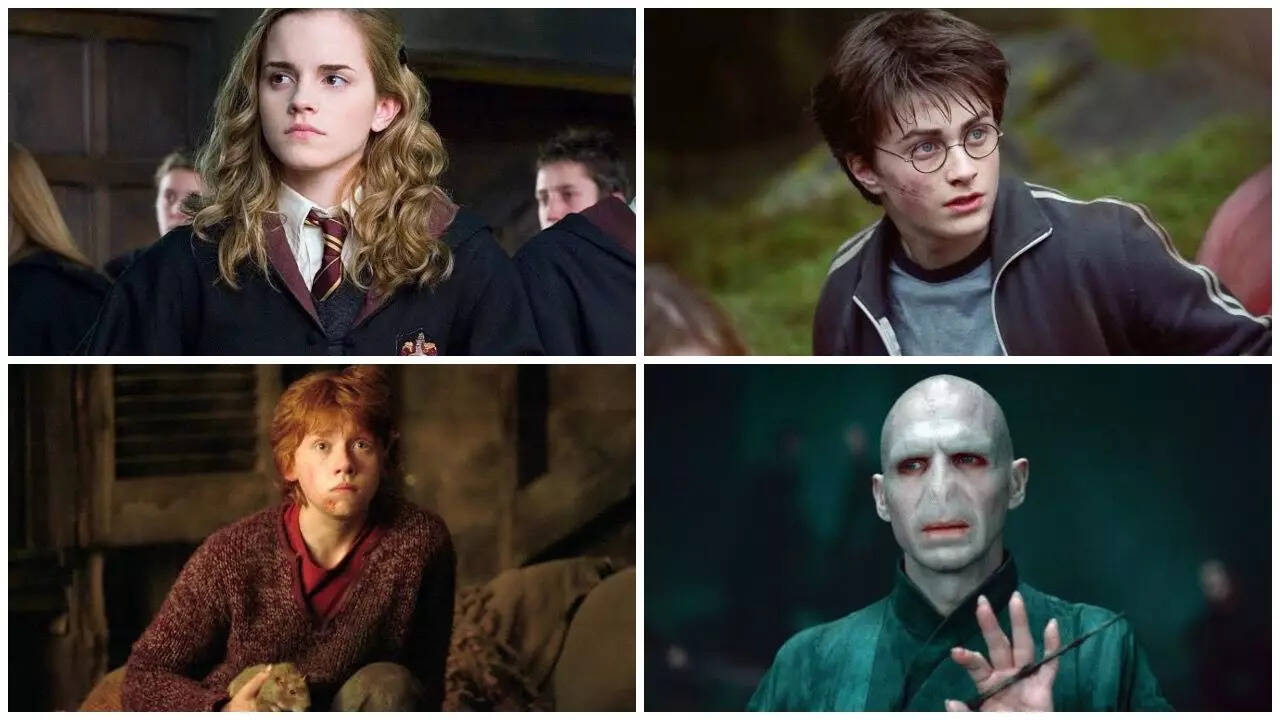
The Indian music industry is like a trove filled with precious gems. Some of them might have been lost in the cycle of life, but we know they are shining brighter in a better place. One such gem was the great Marjooh Sultanpuri.
Recently, it was his birth anniversary, and it brought back so many memories. Recalling him, Lalit Pandit, one-half of the iconic composer duo Jatin-Lalit, shared memories of their early collaborations, the magic behind timeless songs, and the deep bond they shared. Here are the excerpts of the candid conversation:You and your brother Jatin were the last composers to have worked with poet-lyricist Majrooh Sultanpuri?“Right from the first song recording of my life, we were lucky to have Majrooh Saab writing the lyrics for our songs! The song was ‘Bin Tere Sanam Mar Mitenge Hum,’ which went on to be a huge hit and perhaps the most remixed song ever so far.”How did that chartbuster happen?“When we were starting our careers as Jatin-Lalit, we had this small film by the Mirza Brothers called ‘Yaara Dildara’. We wanted someone very learned to write our songs, as both Jatin and I understood the importance of good lyrics. We were struggling to find a good writer, which our sister Sulakshana Pandit noticed and told us, “Majrooh Saab ke paas jao, woh khaali baithe hain and hasn’t worked for years.”
Sulakshana Didi had sung many songs in films and was experienced enough to guide us at that crucial juncture. She had sung songs written by Majrooh Saab and knew how great a poet he was.
Rajesh Khanna's birth anniversary: Nikhil Dwivedi announces biopic on country’s first superstar
The next day, we were at Majrooh Saab’s house in the morning. We rang the bell and Ammaji (Mrs. Majrooh) opened the door. She asked who we were, and we introduced ourselves and expressed our wish to see Majrooh Saab. She called out from the door, “Koi ladke aaye hain aapse milne.”This was the first time I saw the greatest poet I have known, and I had the pleasure of working with him for a decade in several hit musical films.”Why was a poet-lyricist of Majrooh Saab’s calibre jobless?“Majrooh Saab, when we first met him, came out and seemed angry at the world—that’s what I felt. He said, “Why did you come to me? No one had come to me to work for thirteen years. I am not writing film songs anymore.” I was surprised to hear that!But we touched his feet and humbly introduced ourselves.
As he realized we came from a musical family, he calmed down. He sat with us and said, “Main tumhare gaane likhunga.”In a way, Majrooh Saab’s career re-started with you?“It was my brother’s and my privilege to work with him. As his career restarted with our music, we began delivering one hit after another. There was a buzz about Majrooh Saab again in the music and film circuit. After ‘Yaara Dildara’, ‘Jo Jeeta Wohi Sikandar’, and ‘Kabhi Haan Kabhi Naa’, he went on to win several awards and nominations with us.
He was on top again.”He was again much sought-after?“Many composers wanted to work with him. I remember him coming to our music room once and saying that many were approaching him, but he didn’t enjoy working with them. He found it hard to work so much and said he only wanted to work with Jatin-Lalit.That was such an honour!I felt he loved us and the kind of music we were creating. There was freshness in our work, and it resonated with listeners.
With Majrooh Saab writing our songs, the success of our music was inevitable. Somehow, I feel our tunes suited his lyrics, and vice versa.”Did Majrooh Saab serve as a guiding force to you and your brother?“He would guide us on how to handle producers and directors, and share his experiences to help us grow. He was the greatest human being I’ve met, and I realize that even more now. I loved the stories he told of the yesteryears of music and his close friendship with Lata Mangeshkar.”Lataji was very close to Majrooh Saab?“Yes, I was able to confirm this while working with Lata Didi in 1994–95. She had great admiration and liking for Majrooh Saab. She was happy and aware of the successful work we were doing together. She once said, “Film industry main aise logon ki aur kalaakaron ki zaroorat hai.” I can’t forget those words. I felt proud that Majrooh Saab was doing most of his work with us.”
Shatrughan Sinha: 'Lata Ji was a nightingale in absolute terms'
Majrooh Saab was very particular about whom he worked with?“Yes, he was known to refuse to write if he didn’t agree with something. He could be temperamental and argue when he felt harassed. After ‘Jo Jeeta Wohi Sikandar’, we took a big Aamir Khan film to him. Aamir and his family loved Majrooh Saab and went way back. But at our first music sitting, Majrooh Saab got into an argument with the producer and walked out. That was Majrooh Sultanpuri!”Majrooh Saab had quite an innings in the winter of his life?“Yes, both Jatin and I were very happy to see him rise again at that stage of life.
His career peaked again with the Dadasaheb Phalke Award, which he deserved the most. He told us this during a music sitting. We had the pleasure of sitting with him regularly for over twelve years. During these sessions, we learned so much from him. We were lucky to have him with us.”You and your brother had the rare privilege of working with two legends—Lataji and Majrooh Saab—in the 1990s?
“Yes, we were blessed! We truly loved both Lataji and Majrooh Saab. Once, Lataji told me that Majrooh was her favorite. That’s a statement by the greatest artist in Indian cinema! Majrooh Saab used to call Lataji “Bibi”—the highest possible respect for a lady in Urdu. He was always our guru, and there was always great love and respect for him.”

 1 week ago
79
1 week ago
79




























 English (US)
English (US)